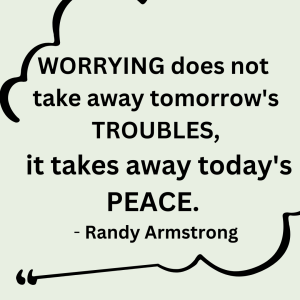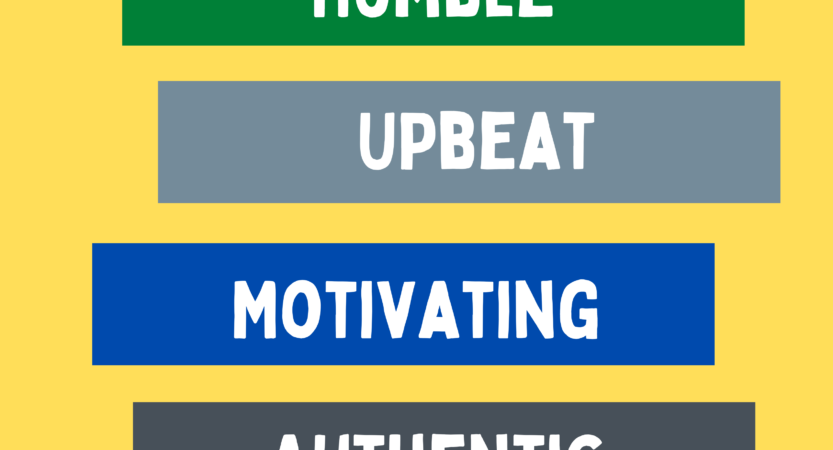I dropped in to meet Liza, my cousin. It had been months since we had met. I found her to be a bit low and that seemed unusual. I mentioned that and she said, “I have a bad back pain for the last few months. It is strange, the kind that comes and goes, but when it comes, I can’t even stand straight.”
Why haven’t you seen a doctor? She said, “I have been to a doctor, and he said to go to the physiotherapist. I have been talking to my friends and some said I should go to an orthopaedic. I googled my symptoms, and it suggested a neurologist. I am confused and worried.”

I realized Lisa’s case is all about decision-making. The conversation we had gave her the courage to take a decision.
People procrastinate in making decisions, especially, when it is about themselves. Let us look at reasons that contribute to this behaviour.
Psychological Factors
- You may be worried about the uncertainty about the outcome of your decision. The prospect of negative consequences is frightening, it makes you choose to defer your decision-making.
- You seek the opinion of too many people, conflicting opinions, too many options, or complex situations lead to analysis paralysis and result in your deferring decisions.
- The ideal outcome is what you are looking for. You want everything to be perfect. This again can delay decision-making.
- If something you must do requires a new skill, the thought of learning something new does not excite you as you are not sure whether you can harness the new skill, it is likely you will defer the decision. Self-doubt hampers your ability to make the right choice and delays decision-making.
- Your childhood memories of your parents/elders/teacher criticizing you for making poor decisions, may make you tend to avoid making decisions for fear of being seen as a failure.
- Do you constantly worry about what others think? If you are a person who wants to please everyone, you may find yourself struggling internally between what you want and what others want. Thus, making it difficult to decide what you should do. Hence, learning to say “No” makes it easier to decide on an action and move forward.
- If whatever you have to do requires you to move out of your comfort zone, the chances are that you will procrastinate.
Emotional Factors
- You may delay taking a decision because you want to postpone associated feelings like hurting someone or disappointment to parents or other family members/friends. Typically, if you want to go against the wishes of close ones, this becomes a bigger dilemma.
- You are attached to something or someone and letting go is tough. This makes it difficult to choose between alternatives, making you procrastinate when making the decision.
- If you are a person who tends to think negatively, it can become challenging to look at the positives in the decision-making process.
Practical Factors
- Insufficient data or lack of interpretation of the available information can hinder decision-making.
- Busy schedules can postpone important personal decisions.
- Opinions or expectations of others can influence delay in decision-making.
The most common matters people procrastinate about are:
- Relationship commitments – choosing a life partner.
- Starting a family – are you both ready to start a family?
- Career – whether to stick to the current job or change?
- Major life transitions – moving from the family home to a new city/country or starting a family are major decisions that get deferred because of indecisiveness.
- Financial decisions – Balancing immediate needs with future aspirations, peer pressure, and societal expectations influences financial decisions.
- Health-related choices – Decisions to start going to the gym/walking, eating healthy food, etc. are easily put aside.
- Practicing hobbies – Hobbies are a fantastic way to relax, learn, and grow. Unfortunately, this is another area that takes a backseat.
Did you know that deferring a decision causes stress and leads to unhappiness? It can have consequences like a dissatisfied life and emotional disturbance causing depression. Therefore, looking forward to a stress-free and happy life it is better to start making decisions.
Here are a few tips you can adopt to start becoming decisive:
- Have confidence in your ability to decide. It involves taking risks. Self-doubt can be the biggest deterrent to building self-confidence. Believe in yourself, when you start trusting yourself, decision-making and remaining with the decision becomes easier.
- If you need to discuss, choose a close friend, relative, or mentor you trust and discuss it threadbare. Sometimes, if you open up to someone, the discussion helps you to decide as you suddenly see areas to consider that you had missed out in your thoughts.
- Asking many people about what to do will only confuse you further. It is you who know what you want. Weigh the pros and cons and decide at that moment what appears to be the best option and make the decision. Learn to trust your intuition. Have faith in yourself and God.
- If you find more than one option, evaluate the options by writing down the pros and cons, and then pick the one that best suits you. Writing down brings more clarity.
- Set deadlines to make the decision. Be firm with yourself. To begin with, it appears tough, but it is possible to get over procrastination. (link to the article on procrastination).
Let the fear of making a wrong decision not deter you from making the choice. Remember, a decision is always taken at a point in time when it seems right. In hindsight, the same decision may be wrong. Let the thought of making an incorrect decision not trouble you, instead look at the experience to gain wisdom.
Congratulate yourself for every decision you make. It will boost your morale.
Are you ready to make decisions?




